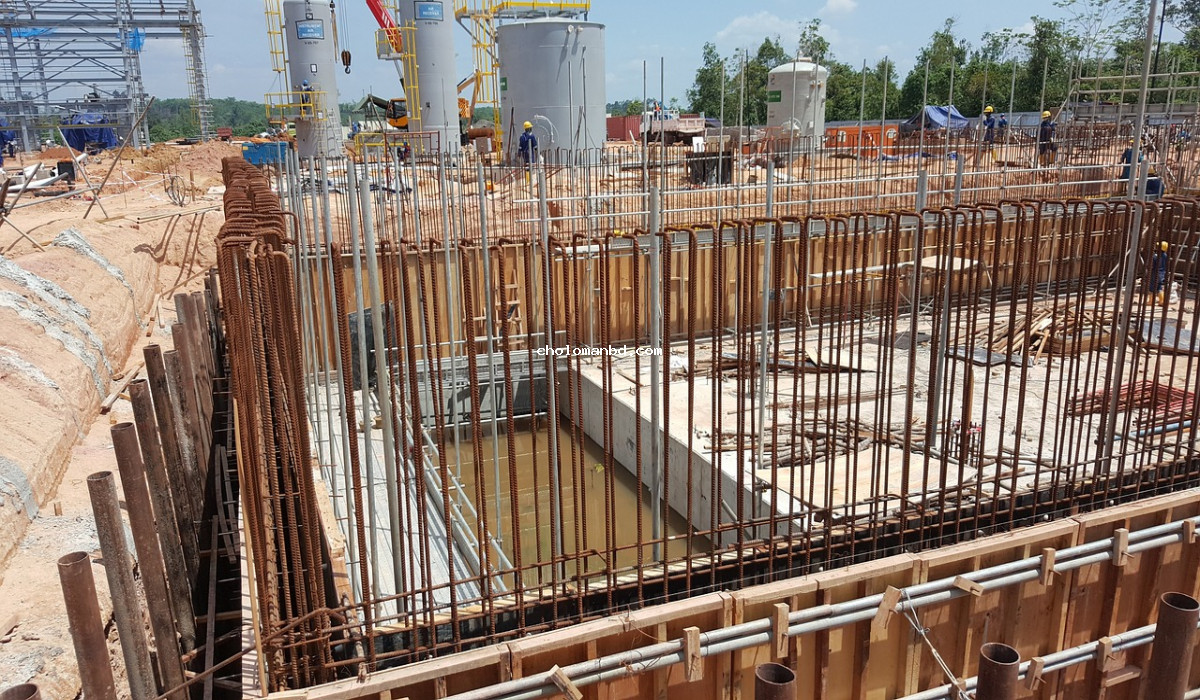Empowering Youth: Uncovering the Primary Education System in Bangladesh. Experience the power of education by delving into Bangladesh’s primary education system. Discover how strong foundations are built for the country’s youth.
Empowering Youth: Uncovering the Primary Education System in Bangladesh Experience the power
Building Strong Foundations: The Primary Education System in Bangladesh
Short Description:
Education is the cornerstone of any society, and the primary education system in Bangladesh serves as the foundation for the country’s future. In recent years, Bangladesh has made significant progress in improving its education system, but there are still challenges that need to be addressed. In this blog post, we will take a closer look at the primary education system in Bangladesh, its current state, and the steps being taken to build a strong and effective foundation for the youth of the country.
Semantic SEO
Subheading: The Importance of Primary Education in Bangladesh
In a rapidly developing country like Bangladesh, ensuring primary education for all children is crucial for overall societal progress. Primary education provides children with a strong educational foundation for higher education and also equips them with essential skills for their future careers. It also plays a significant role in reducing poverty and improving the overall quality of life in the country.
FAQ (?): Why is primary education considered the foundation of a country’s progress?
Primary education lays the groundwork for a child’s future academic and professional growth. It not only imparts academic knowledge but also teaches essential life skills, such as critical thinking, problem-solving, and communication, which are needed in all professions. A robust primary education system can significantly impact a country’s economic and social development.
The Current State of Primary Education in Bangladesh
Despite significant progress in recent decades, Bangladesh’s primary education system still faces challenges. According to UNESCO Institute for Statistics, the primary school completion rate in Bangladesh is 85.6%, which means that approximately one in seven children does not complete primary education. The country also struggles with high dropout rates, inadequate infrastructure, and limited resources.
FAQ (?): What are the main challenges faced by the primary education system in Bangladesh?
The primary education system in Bangladesh is held back by factors such as poverty, child labor, inadequate funding, and limited access to education in rural and remote areas. These challenges result in low enrollment rates, high dropout rates, and poor-quality education.
Initiatives Taken to Strengthen Bangladesh’s Primary Education System
Understanding the critical role of primary education, the Bangladesh government, along with various organizations and NGOs, have taken significant steps to strengthen the country’s primary education system. Some of the initiatives include:
NGO-run Schools:
Various NGOs in Bangladesh have been running low-cost, non-formal primary schools in rural and urban areas, targeting children from marginalized communities. These schools provide quality education, with a focus on practical skills, to children who cannot afford the traditional education system.
Compulsory Primary Education:
In 2010, the government introduced a new law that made primary education compulsory for all children in the country. This initiative has significantly increased enrollment rates and decreased dropout rates.
Government Investments:
The government has also increased its investment in the education sector, primarily focusing on primary education. In 2020, the government allocated about 12% of its total budget for the education sector, with a significant portion going towards primary education.
Infrastructure Development:
Under the Primary Education Development Program (PEDP-4), the government is undertaking massive infrastructure development projects to improve school facilities in rural areas. This includes constructing and renovating classrooms, providing furniture and supplies, and building toilets and water facilities.
Teacher Training Programs:
The government, in collaboration with organizations like UNESCO and UNICEF, has been conducting teacher training programs to improve the quality of education provided in primary schools. These programs focus on enhancing teaching techniques, promoting inclusive education, and providing professional development for teachers.
Challenges That Lie Ahead
While the initiatives taken to improve the primary education system in Bangladesh have shown positive results, there are still significant challenges that need to be addressed. Some of the challenges include:
Access to Education:
Despite the government’s efforts to increase access to education, many children, especially those from marginalized communities, are still unable to attend school due to poverty, child labor, and long distances to school.
Quality of Education:
The country still struggles with maintaining a high standard of education in primary schools. The lack of trained teachers, a high student to teacher ratio, and limited resources are some of the factors that contribute to this challenge.
Gender Disparity:
Although the gender gap in primary education enrollment has reduced over the years, girls still face challenges in completing primary education. Early marriage, cultural norms, and discrimination against girls are some of the factors that hinder girls’ education in Bangladesh.
Conclusion
The primary education system in Bangladesh has come a long way and has shown significant improvements in recent years. However, there is still a long way to go to ensure quality and inclusive education for all children in the country. With continuous efforts and investments from the government, organizations, and the community, Bangladesh’s primary education system can continue to grow and provide a strong foundation for the country’s future.
FAQ (?): What can individuals do to support the development of primary education in Bangladesh?
As individuals, we can support the cause of primary education in Bangladesh by donating to NGOs, volunteering at schools, and spreading awareness about the importance of education. We can also support girls’ education by promoting gender equality and empowering girls in our communities.
FAQ (?): How can the government further improve the primary education system in Bangladesh?
The government can take steps to increase access to education, especially for children in rural and marginalized communities. This can be achieved by investing more resources in these areas and creating policies that address issues such as child labor, poverty, and early marriage. The government can also continue to prioritize teacher training programs to improve the quality of education provided in primary schools.
